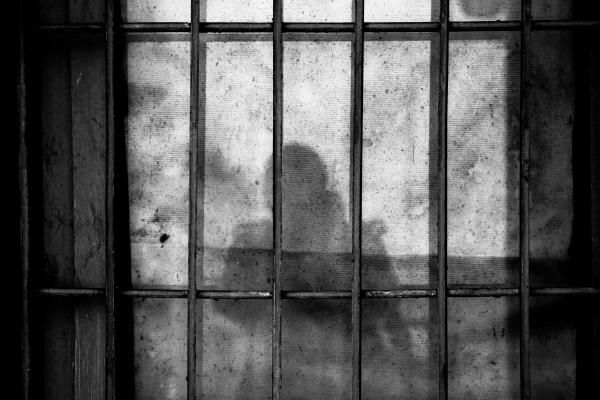Jul 17, 2019
This week, a U.S. House Judiciary subcommittee held a hearing on women in the criminal justice system. While women only make up 7 percent of the prison population, the incarceration rate for women has increased at twice the pace as the incarceration rate for men since 1980, disproportionately impacting women of color.
Read the Full Article

Already a subscriber? Login
